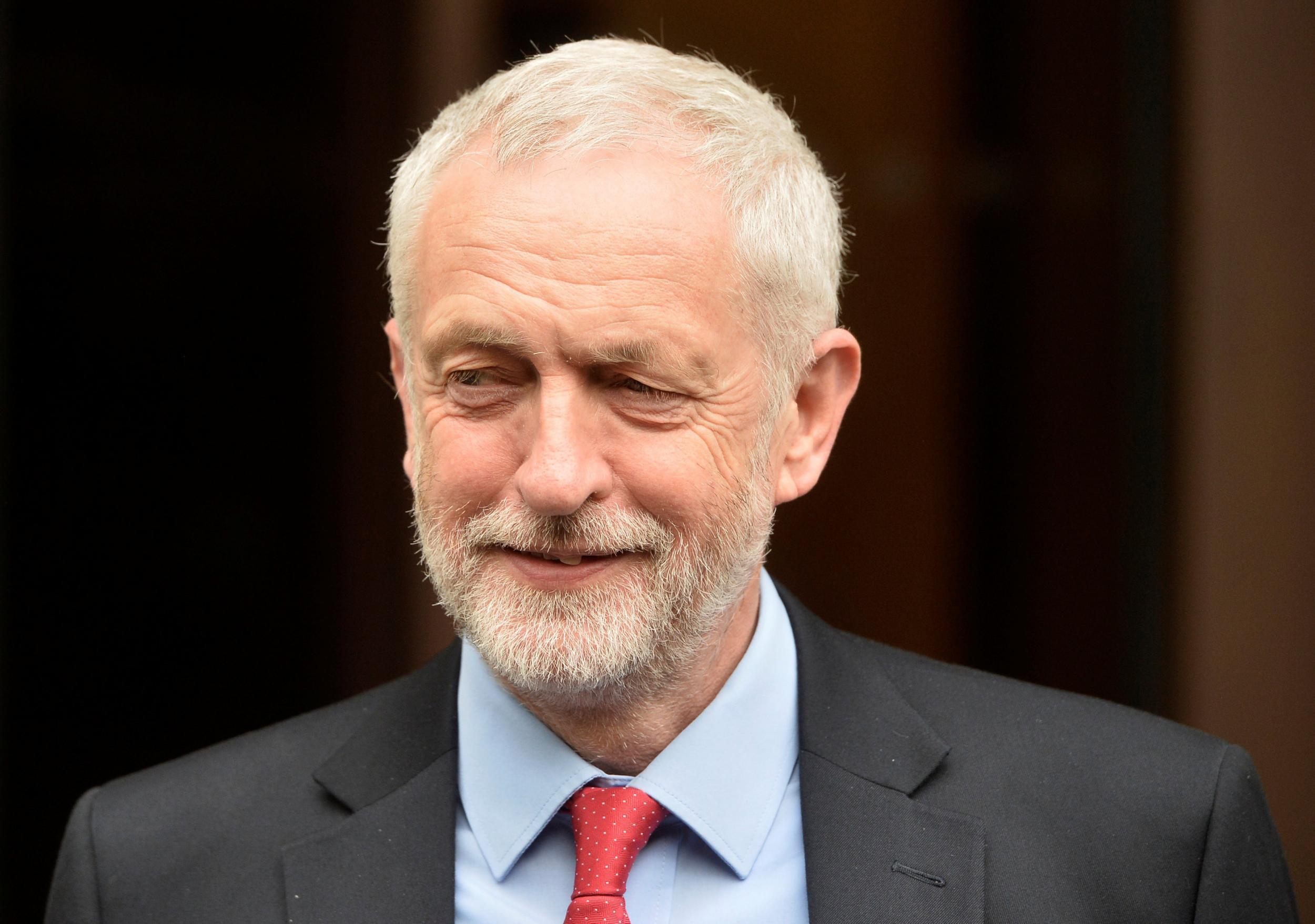Corbyn’s manifesto shows us that there isn’t just one type of ‘populism’ in politics any more
If anything can halt Britain’s self-defeating march to a regressive right tune, it’s a populist economic platform


What is the left to do, in the midst of an election campaign cast in the political mood of Brexit, narrow nationalism and a bogus-Blitz spirit? Britain’s snap election, with its looming vision of a juggernaut Tory party sucking up Ukip voters and veering ever-rightwards with regressive Little England homilies, has sent many into despair. But it’s also shaping up as the latest challenge for the populist left trying to face down a rightist surge – incarnations of which we’ve seen play out across Europe.
Populism typically gets a bad rap, as analysts either assume it is under sole ownership of the far-right, or that people-driven policies in either direction are extreme and bad. The left counters that the far-right feasts off a population feeling ignored and neglected by remote politicians, economic despair, disillusion (often cast as voter apathy) and resentment at a tiny elite that increasingly profits while the rest of us struggle.
Such sentiments can drive support in either political direction, although other factors in the mix – hostility to migrants, for example – clearly cannot. This is one way the populist left diverges from liberal centrism. Rather than seeking to accommodate a negative mood over migration (which invariably ends up confirming the far-right’s framing), left populism tries to persuade even those who disagree over “cultural issues” of a common political cause.
There’s another fundamental distinction too: the populist left in the UK, as elsewhere, casts decades of ravaging neoliberalism as the source of both economic hardship and public despair with politics; in this context, centrism’s tinkering around the edges while subscribing to the same economic playbook, isn’t going to cut it – and also perpetuates the feeling often heard on doorsteps that, whoever you vote for, nothing changes.
This may explain much of what the Labour Party’s election campaign under Jeremy Corbyn is setting out, both in tone and content. The repeated insistence that the party won’t “play by the rules” signals a break with the consensus politics that has alienated so many. The shared political cause appears in an identification of common enemies that have benefited from a “rigged system”: exploitative wealth extractors, tax avoiders, Rich List Tory funders. Meanwhile, referring in a single sentence to different groups of people, such as nurses, carers, soldiers, the disabled, young people and the elderly, signposts that these are not atomised, disparate and competing interests but rather a struggling, underfunded collective, a population currently going backwards in the same boat.
It’s in the policy proposals, too. Take Labour’s pledge to raise tax only for those earning above £80,000. While the commentariat mulls whether this figure really makes one rich, the 95 per cent of the population earning less than that are brought together in the assessment that, well, yes it does. The proposal, in the leaked draft manifesto, to set up local national energy companies is in part about tackling spiralling fuel prices – but it is also about bringing together different socio-economic groups, employees and energy consumers alike, who might benefit from such a policy.
Cast in this light, Labour’s leaked manifesto is not a “load of freebies for every special interest group”, in the words of one detractor, so much as a bid to bind people under the banner of a better Britain in which everyone’s lot improves – rather that one in which competing interests are set against each other. This collectivism, in an era of individualism and division, is perhaps the true radicalism of the manifesto. And that’s before we even get to some of the popular policies proposed: renationalisation of rail, scrapping tuition fees, infrastructure investment, double paternity pay, ending the loathed bedroom tax and killing off exploitative zero hour contracts.
Of course, none of this is to ignore the signs, the polls, the Brexit-induced rupture in political allegiances, the current ratings for Corbyn or the depressing electoral prognosis for the left. None of this is to suggest anything other than a tough fight. But if anything can halt Britain’s self-defeating and self-limiting march to a regressive right tune, it’s a populist left platform that is our best hope.

Join our commenting forum
Join thought-provoking conversations, follow other Independent readers and see their replies